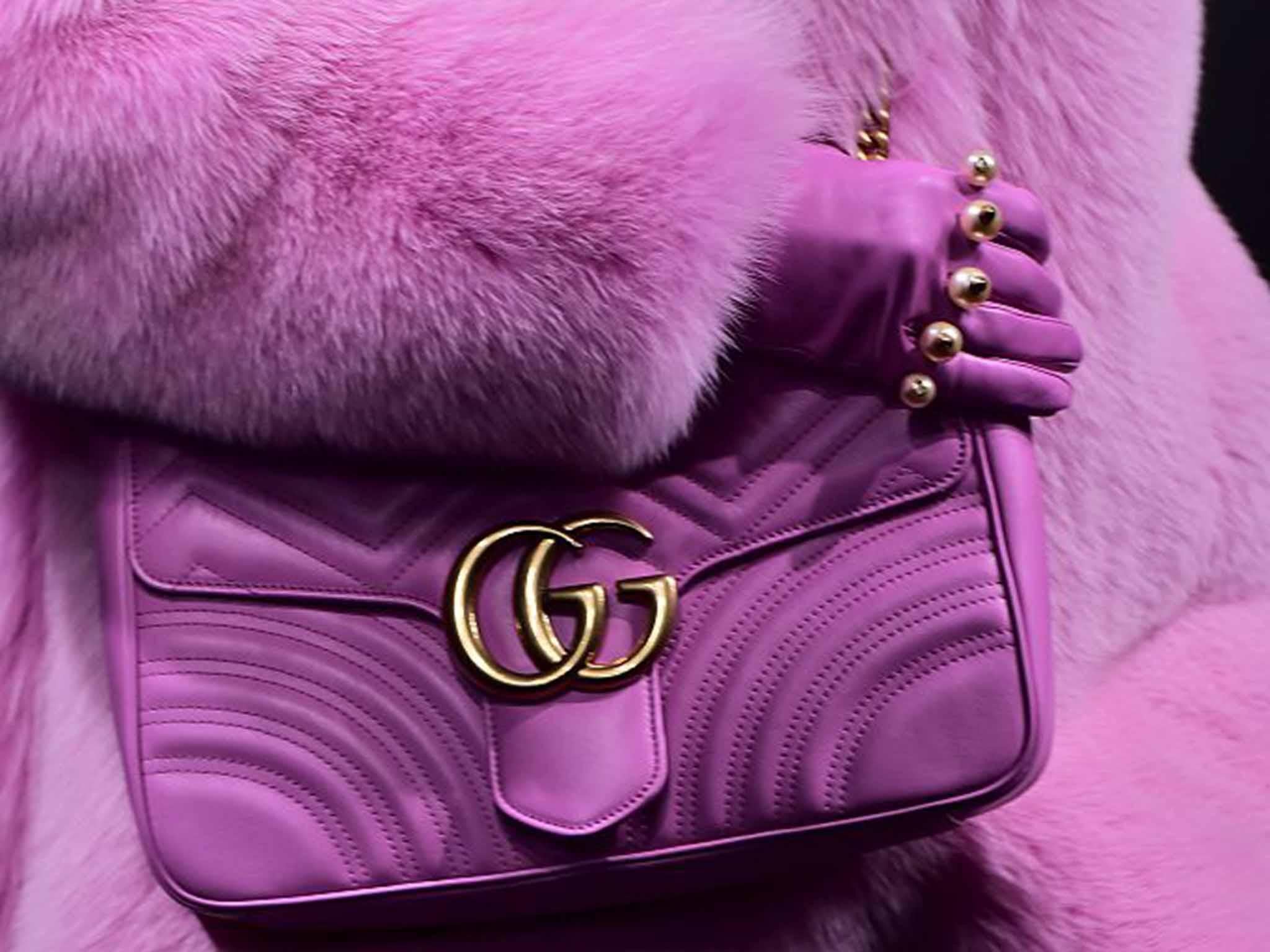Gucci has banned fur – but can high fashion ever be ethical?
Most designers’ eco-credentials are so threadbare they could be inscribed on the back of a postage stamp


The fashion industry is very good at making grand gestures, but not so great at joined-up thinking.
Gucci is enjoying huge success at the moment – designer Alessandro Michele has invigorated the brand with witty accessories and clothing which combines prints, embellishments and patterns, in an appealing tribute to British style.
Now Gucci has announced that it plans to discontinue the use of real fur, bowing to pressure from animal rights groups like Peta. Although labels like Armani and Ralph Lauren no longer use fur – and designers like Stella McCartney (a committed vegan who uses leather substitutes) made it a key selling point from the outset – other luxury brands, like Louis Vuitton, Dior and Karl Lagerfeld continue to produce fur clothing for wealthy women.
A ban by Gucci will make no difference whatsoever to the number of animals farmed for their coats. As for “saving the environment”, the airmiles and travelling involved in photographing ad campaigns for luxury brands, the copious packaging which cocoons their products, the glass and steel and non-environmentally friendly materials used to construct their retail outlets… well I could go on and on, but you get the point.
I admire Stella McCartney because she has been consistent and never afraid to speak her mind, but most designers’ eco-credentials are so threadbare they could be inscribed on the back of a postage stamp.
When they stop selling over-packaged cosmetics in thick cardboard boxes and paying women in the developing world to produce their diffusion ranges for a pittance – then they can talk about ethics and the environment. High fashion is about producing and selling stuff we don’t really need – so the ideal of less consumption (and less waste) is not going to be a winning philosophy, is it?
Join our commenting forum
Join thought-provoking conversations, follow other Independent readers and see their replies
Comments